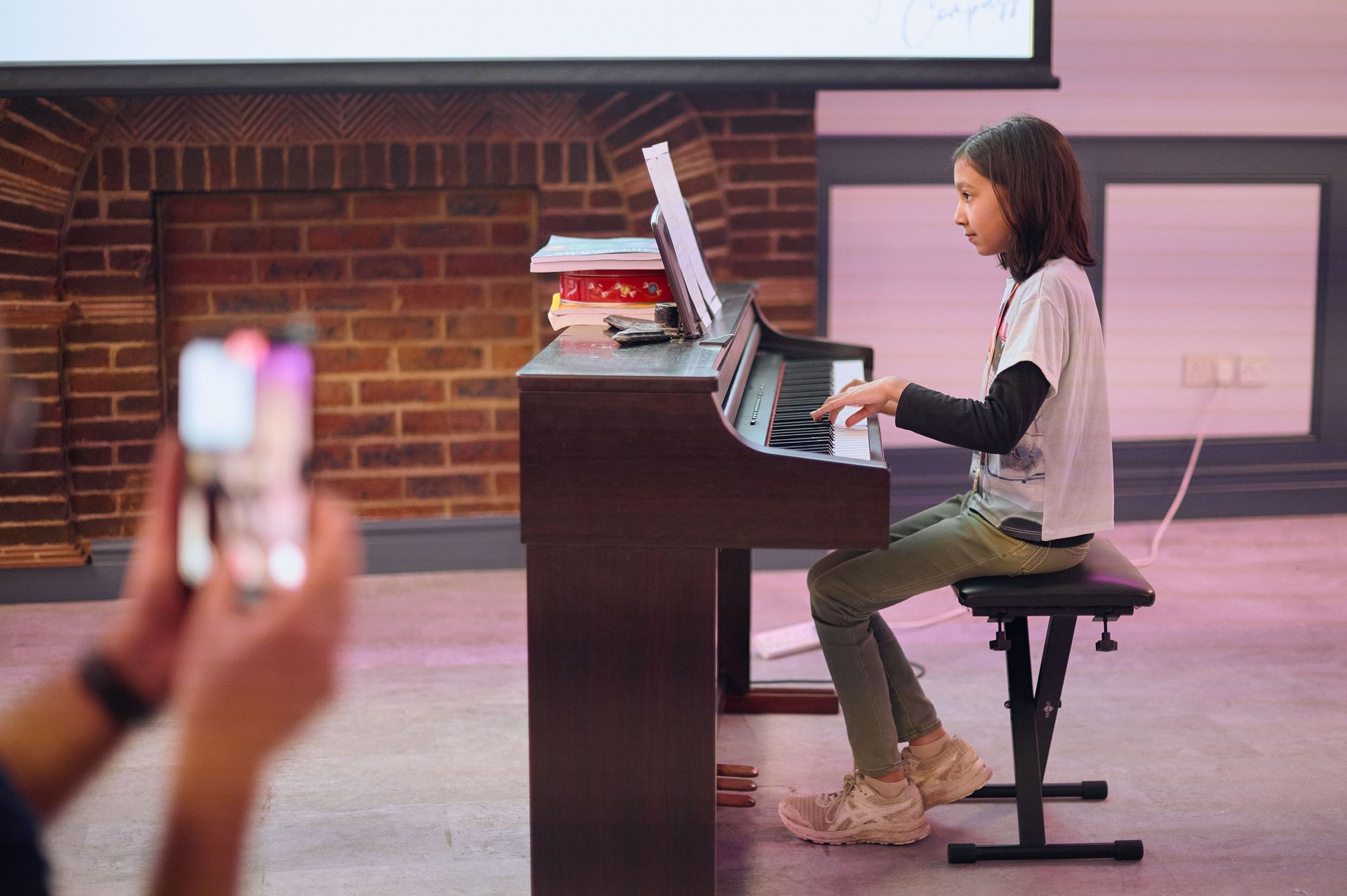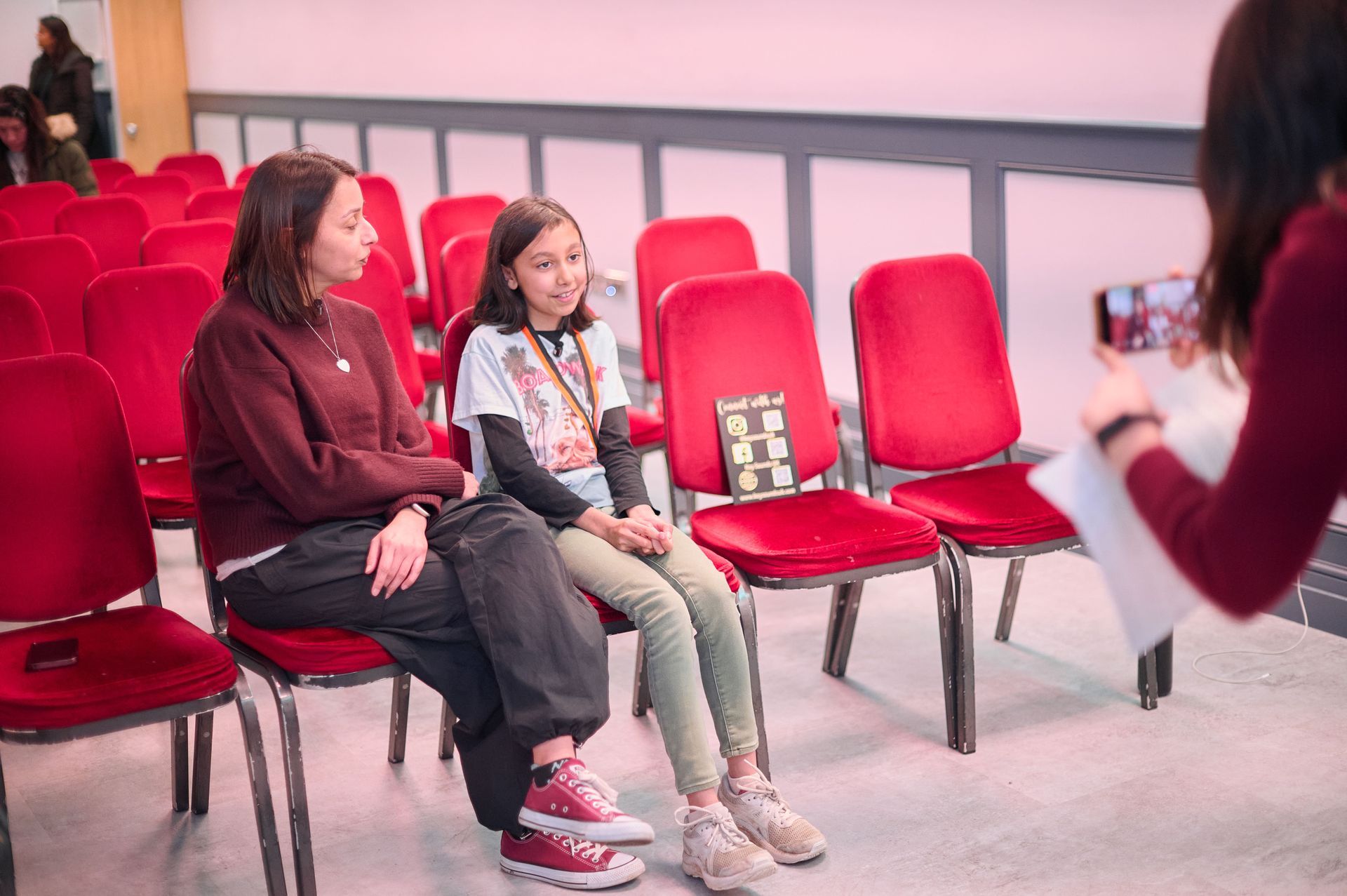February 27, 2026
Why do some children continue with piano lessons for many years, while others take time to settle at the start? This is a question many parents quietly wonder about especially in the early months of learning. The answer is rarely about talent or musical ability. More often, it comes down to how supported a child feels as they find their feet, build confidence, and begin to enjoy the learning process. Emotional safety is the starting point not the whole story but it plays a vital role in helping children become comfortable enough to engage, explore, and eventually thrive. Emotional Safety: The Foundation for Learning For a child to learn effectively, they first need to feel: Accepted Understood Supported when things feel challenging In piano lessons, this means children feel able to: Try without fear of being “wrong” Make mistakes without embarrassment Ask questions or need reassurance Without this foundation, learning can feel fragile. With it, learning has room to grow. What Happens Once Children Feel Comfortable When emotional safety is in place, something important shifts. Children begin to: Relax into lessons Take small musical risks Engage more willingly This is often when enjoyment starts to develop. Enjoyment doesn’t mean every lesson is easy or perfect, it means children associate learning with curiosity, encouragement, and progress rather than pressure. Why Enjoyment and Teacher Connection Matter Children are far more likely to remain engaged when they: Enjoy the music they’re learning Feel understood by their teacher Trust the person guiding them week to week A strong, secure teacher–student relationship allows: Honest feedback without fear Gentle challenge without overwhelm Motivation that comes from within the child This connection doesn’t replace structure or expectations; it allows them to work effectively. When Children Want to Do More, Progress Follows Real progress tends to happen when children: Choose to engage Take pride in improving a piece Feel motivated to practise At this stage, practice becomes less about reminders and more about interest. Parents often notice: Fewer battles around practice Greater independence A natural desire to move forward Progress grows from positive momentum, not pressure. How Parents Can Support This at Home Parents play an important role in reinforcing this journey. Simple, supportive actions include: Praising effort rather than results Keeping expectations realistic Allowing learning to be gradual Communicating openly with the teacher When children feel supported both in lessons and at home, learning becomes more enjoyable and sustainable. A Reassuring Final Thought If your child feels comfortable, engaged, and supported, they are on the right path even if progress feels slow at times. Music learning is a long-term journey, and children thrive when that journey feels positive, encouraging, and meaningful. If you ever want to talk about how we support confidence, enjoyment, and long-term engagement in lessons, we’re always happy to help.
 Straight fingers / hand – this will provide you will less room and force to play the notes. This will also prevent you from moving your hand swiftly from one section of the piano to another section.
Straight fingers / hand – this will provide you will less room and force to play the notes. This will also prevent you from moving your hand swiftly from one section of the piano to another section. Fingers sharing keys – this will cause a delay in your playing, especially if the piece stays in one hand position or is preparing to move to the higher or lower end of the piano later on in the piece.
Fingers sharing keys – this will cause a delay in your playing, especially if the piece stays in one hand position or is preparing to move to the higher or lower end of the piano later on in the piece. Wrist being lower than the keys – less power available for your fingers. This could lead to a lack of expression and dynamic variation.
Wrist being lower than the keys – less power available for your fingers. This could lead to a lack of expression and dynamic variation. Fingers and hand curved slightly – this provides you with greater strength from both your fingers and hands. At a beginner level your arm should not be moving at all when you are playing, unless you are moving across the piano).
Fingers and hand curved slightly – this provides you with greater strength from both your fingers and hands. At a beginner level your arm should not be moving at all when you are playing, unless you are moving across the piano). Each finger has it’s own individual key (unless you are starting a piece which involves both thumbs sharing the middle c note).
Each finger has it’s own individual key (unless you are starting a piece which involves both thumbs sharing the middle c note). Wrist almost in line with your fingers (a great to test if you are doing this correctly is by balancing a pencil on your wrist whilst you are playing).
Wrist almost in line with your fingers (a great to test if you are doing this correctly is by balancing a pencil on your wrist whilst you are playing).




